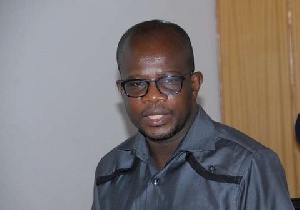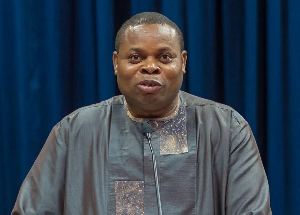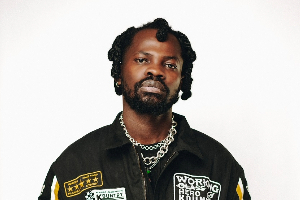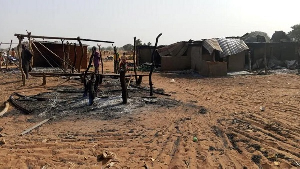Former Executive Director of the National Service Scheme (NSS), Dr Michael Kpessah Whyte has called for the tenure of presidents to be extended to seven (7) years.
As a researcher who has done lots of work on politics and governance, Dr Kpessah Whyte noted that when such a system is accepted in the country, it will help boost development that is led by the elected officials.
“Seven years is also long enough to give you a development plan within the first year that you want to pursue for the entire seven years,” he said on the Morning Xpress on Radio XYZ.
His suggestion for a discussion on the matter that will perhaps result in an amendment in Ghana’s constitution corroborates calls by former president John Agyekum Kuffour for the presidential tenure in the country to be increased to five or six years.
Former president Kuffour argued that the four years tenure does not guarantee “any mark of development and transformation.”
The lecturer believes when the tenure is extended, it will help get politicians to be realistic with their promises and live up to expectation in terms of policy implementation and assuaging the plights of the citizens.
He also noted it will “minimise acrimony” because presidential candidates “will not deal with manifestoes but developmental plans” that will show to Ghanaians the sector they intend to work on when voted into power.
Although Ghana’s constitution does not allow presidents to stay in office for more than four years, presidents can seek re-election for a second term after their first term which is four years.
Dr Kpessah Whyte believes his suggestion “only needs a constitutional amendment” that will go through the right processes to become a law.
“It doesn’t need to favour the sitting president,” he said while arguing that when an amendment is made, the country can take time and prepare towards its implementation.
“In U.S, it took a long time before they changed the two year term limit. It used to be the case where one president can run for as many times as possible,” he added and contended that Ghana can also head for such system.
He mentioned that a similar system also exists in South Africa where elected presidents can be voted out in a congress when the party that produced them have tangible reasons to do so.
General News of Tuesday, 24 April 2018
Source: www.myxyzonline.com













